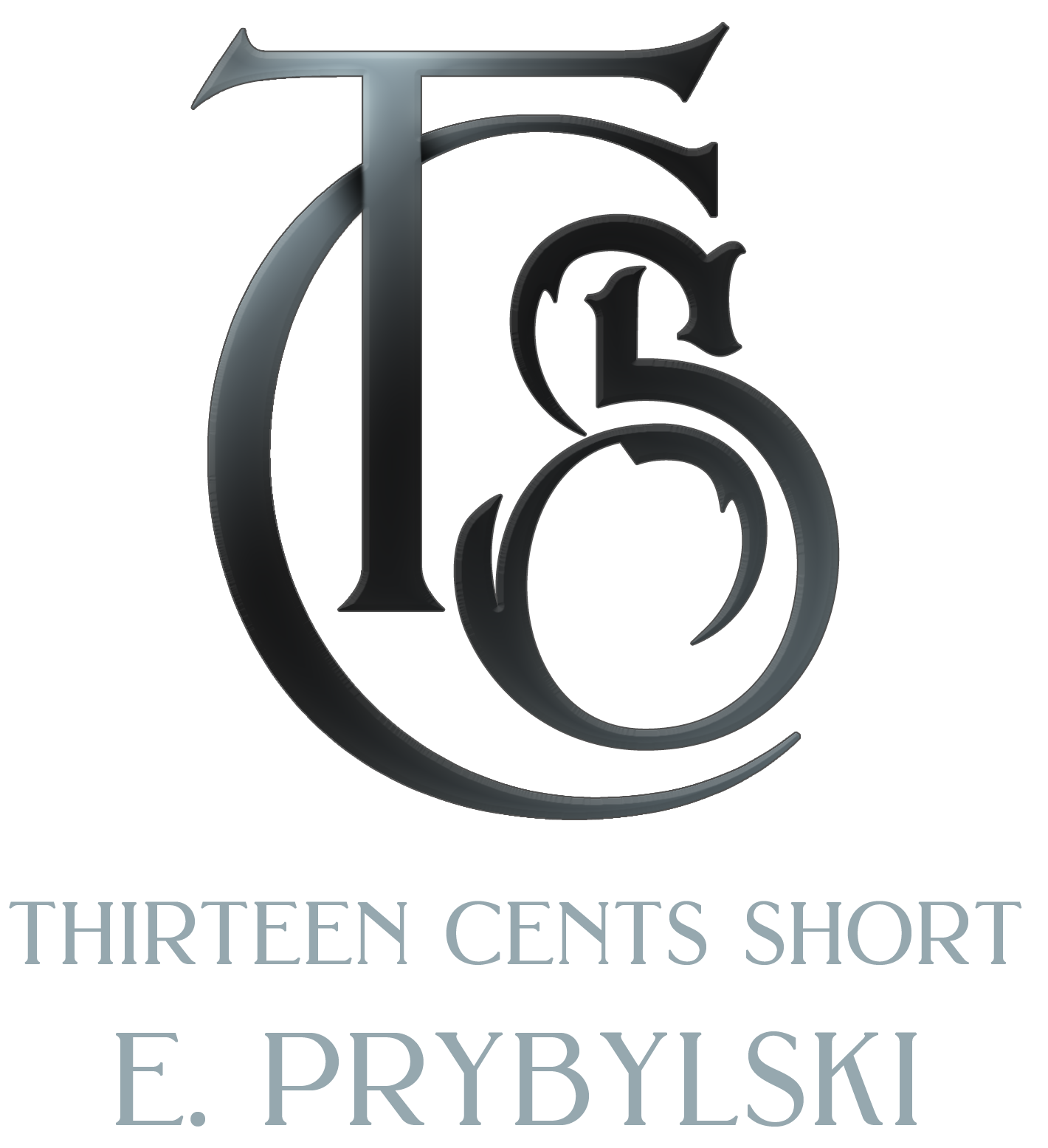We’ve all felt it. That dreaded, slow, sticky sensation when our inspiration and excitement for a project drains away like the tide, leaving us beached on the unforgiving shores of reality. Yeah, I know, I’m waxing poetic, but we all really do know that feeling. As Jack London infamously said, “You can’t wait for inspiration. You have to go after it with a club.” So many writers spend their lives and time waiting for their muse to whisper to them, but that’s just now how it works.
Like any art, writing requires dedication and practice. I can’t count the number of times that I, as a child, whined about having to practice violin. I didn’t feel like it. I didn’t want to. I just wanted to go play video games. I still want to go play video games. Some things don’t change. But I practiced and dedicated my time to it even if I didn’t “feel like it”. Twenty (mumble) years later, I still play. I know creating something new is a little different than practicing someone else’s piece, but art is art in some ways.
So when that “I dun wanna” feeling slinks in, you confront it. Waiting around for inspiration or for feeling ready means you won’t finish anything. If you lose energy on a project or lose passion you’re probably at the middle. Or you’re editing. But if you want to finish something and have it stick? You need to ride that out. Keep working on it. Dedicate your time and make yourself write, make yourself work.
The shelves and streets are littered with half-finished manuscripts waiting on “inspiration to strike”. If we’re honest with ourselves, we probably have more of them on our hard drives than we want to admit. I have ‘em too. I think every writer has projects they’ve hit walls in and abandoned to deal with “later”. The problem with that is, so often, “later” never comes when you wait around on something as ephemeral as inspiration. Instead, you need to put in the long, hard hours pushing through it.
The good news is that if you push through that “UGH” feeling, one of two things will happen: you will finish the manuscript and have that sense of accomplishment or inspiration will return before you finish. Either way, you’ll hit your end point. Don’t worry about what you write being terrible; every first draft is crap. Every. Single. One. That’s from every author everywhere of all experience levels. The first draft is crap. That’s what editing is for. But you’ll never write a book if you don’t trudge on through the feelings of, “I hate this and wanna play video games.”
But this all sounds like work! Well duh. I wish I could give you an easy answer—a placebo you could take or apply and have it work. There isn’t an easy answer or a sneaky way out. All we have is the reality that we need to keep moving forward. Either you have it in you to do that or… well there you go. Like so many things in life, you have to plant your feet, duck your head, and keep on keepin’ on.

Uh oh! This one plucked one of my strings, Beth! (last November, my husband learned he has cancer. We uprooted ourselves for a few months and found an apartment near MD Andersen Hospital in Houston where he received daily treatments. I actually took my laptop and flash drive on the trip, but zero research materials, which I used as an excuse NOT to write. We returned home a couple of months ago, but…. yes, HE’s doing fine, but I’m a wreck, and still not writing.)
Take your time to get back on the horse. Life knocks our feet out from under us sometimes, and there’s no expiration date on your creativity. I’m so glad your husband is recovered (recovering?). Perhaps you can start writing again by doing some personal freewriting about this experience. Let those emotions loose on the page to process them and start opening up those creative floodgates again.
Nah, I learned from my years in politics to keep most of my personal stuff to myself. Protect the emotional core at all costs, you know, from the piranhas circling around you looking for the soft spot. But I think you’ve made a point. Guarding oneself no doubt does inhibit creativity. I’ll try to work on that. Thanks for yet another insight.
You don’t have to share what you write with anyone–think of them as journal entries. You never have to show anyone what you’ve written. What matters is that you’re writing it. Though I do understand keeping personal stuff personal. I do that most of the time, also. There are certain things I’m likely to share, but for the most part I refrain from talking about my personal life and personal journeys because, as you said, the piranhas are circling.
Bottom line (get it…under the last comment…no, I knew you had already figured that out) is I’d rather jot off a line or two to YOU than actually buckle down to that dang nonfiction manuscript that’s torturing me.